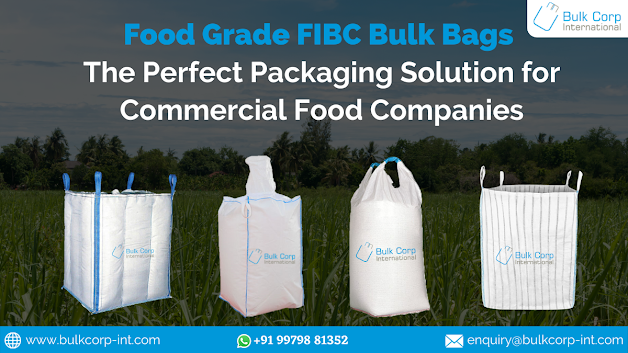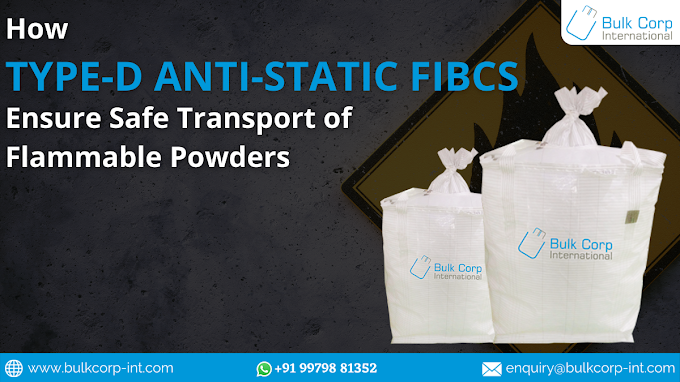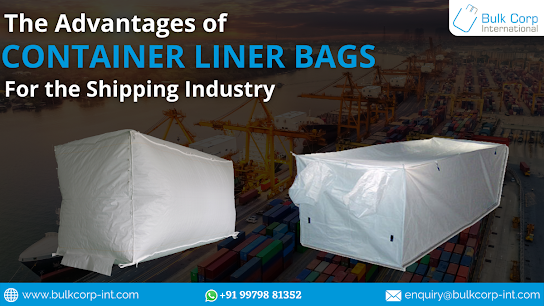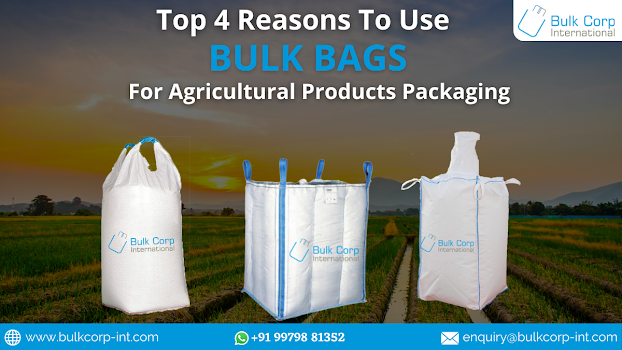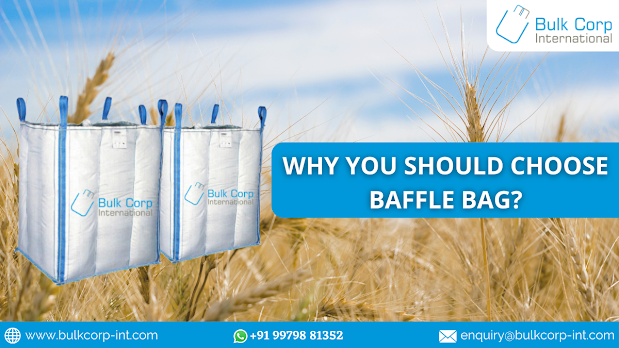Using FIBC Bulk Bags for Wet Products - Bulk Corp International
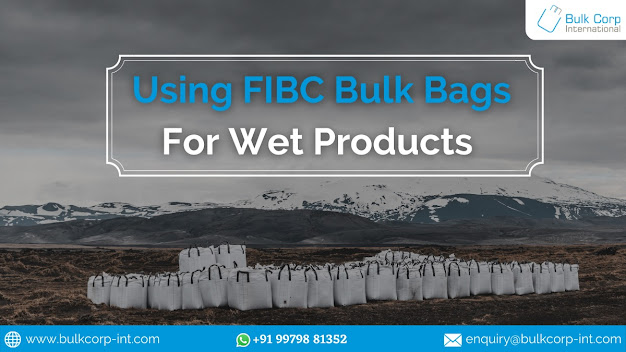
Conventionally FIBC Bulk Bags are used to store and transport solid dry bulk materials. However, with the increasingly widespread application of these bags, also known as Bulk Bags or FIBC Totes, businesses are finding innovative ways to use them. Materials for which FIBC Bags were not previously considered, such as wet solids, liquids, and other moist products, are now finding usage in these packaging solutions. Although the constraints of handling wet products in an FIBC Bulk Bag remains, top FIBC bags suppliers like Bulk Corp offer solutions that circumvent these issues. Here’s what you should know when using FIBCs for your wet products. Liquid Seepage off Wet Products The most prominent challenge of handling wet products in an FIBC bulk bag is liquid seepage through the woven mesh of polypropylene. This creates a problem wherever the loaded bags are handled or stored. Moreover, the chances of your product getting contaminated or wasted also remains. To counter this c
